Oxylus Energy creates a circular economy for a zero-emission Earth
Oxylus Energy creates a circular economy
for a zero-emission Earth
SOLVING CLIMATE CHANGE
Climate Change is a Problem & We Need Alternative Fuels
The burning of fossil fuels allows energy abundance but adds harmful emissions to the atmosphere.
While much can and must be done to reduce emissions and remove CO2 from the atmosphere, the only sustainable solution involves the crucial recirculation of carbon.
Just like Nature does, humans need to recycle CO2 and convert it into high-value products that can be used for energy and materials.
Such a recirculation of carbon–resulting in zero net emissions–is the best path to a sustainable future.
Oxylus Energy is building innovative technology that makes this a reality.
CONSIDER THE GENERATION OF GREEN CHEMICALS FROM CO2
We convert CO2 directly into carbon-neutral fuels & chemical feedstocks
As part of an overall solution, our proprietary highly efficient and scalable electrolyzer technology converts CO2 across our membrane and catalyst to create green chemicals. The e-methanol produced by our patent-pending technology can be then be used in replacement of traditional fossil fuels supporting a wide array of use cases.
CO2 is separated from impurities from emission streams

Our proprietary electrolyzers convert CO2 into green e-methanol

Green e-methanol is transformed into high-value chemicals

Our vision is to build a circular economy for carbon dioxide.

Our mission is to make CO2 capture and conversion competitive, scalable, and circular for a decarbonized future.

Integrating our technology could reduce 1 Gt/CO2 from entering the atmosphere, creating a sustainable future.

THE OXYLUS STORY
ADVANCEMENTS AND FRONTIERS
In power generation, strides toward cleaner energy sources like solar, wind, and hydroelectric power are commendable. Additionally, adopting energy-efficient practices and deploying carbon capture and storage technologies are key steps in curbing CO2 emissions from industrial processes and power generation.

However, some crucial emissions sources remain formidable challenges to decarbonize:

Aviation: 3% of global emissions

Shipping: 3% of global emissions

Manufacturing and industry: 5 % of global emissions
However, some crucial emissions sources remain formidable challenges to decarbonize:

Aviation: 3% of global emissions

Shipping: 3% of global emissions

Manufacturing and industry: 5% of global emissions
Further, consider other essential areas such as plastics, paints, lubricants, and even such as cosmetics which are each difficult to decarbonize for a variety of reasons. Currently, approximately $1 trillion of global energy and other petrochemical use poses significant hurdles in terms of decarbonization.
Business executives in these industries need renewable solutions.
The imperative for carbon recirculation
In this context, merely reducing emissions won’t suffice. We must focus on carbon removal and recirculation within our economy. Achieving net-zero emissions necessitates a practical, scalable alternative fuel that effectively recirculates carbon.
OUR TECHNOLOGICAL LEAP FORWARD
While carbon dioxide conversion to carbon-neutral fuel is technically possible, legacy technologies achieve limited energy efficiency rates, often not economically viable for many applications.
At Oxylus Energy, we’re pioneering a revolutionary approach. By integrating our proprietary next-gen electrolysis technology with cost-effective off-peak renewable electricity in combination with existing commodity tech and infrastructure, we’re on the cusp of transformative breakthroughs in industrial decarbonization.
OUR FOUNDING TEAM

Perry Bakas
CEO | Co-Founder
Perry is a mechanical engineer with years of experience in manufacturing, design, and energy asset development. He started his career in product development before switching into commercial strategy and acquisitions at AES Clean Energy, where he acquired and built over hundreds MW of Solar & BESS projects. He previously worked as an investor for two climate venture capital firms. He has a MBA from Yale School of Management and a BS in Mechanical Engineering from Vanderbilt University.

Harrison Meyer
COO | Co-Founder
Harrison is a chemical engineer with years of experience in research commercialization, finance, carbon capture, biofuels, and business development. He started his career as a Fulbright Scholar and worked in biofuel research & commercialization for a DOE funded lab. He previously worked for a leading carbon capture & sequestration (CCUS) startup and in renewable energy investment banking. He has a MBA / MEM from Yale School of Management / Yale School of the Environment, a MS in Civil, Chemical, & Environmental Engineering from Arizona State University and a BS in Chemistry from Boston University.
.

Dr. Conor Rooney
CTO | Co-Founder
Conor is an electrochemist with years of experience in catalysis, reactor design, and materials science. In Conor’s doctoral work, he helped develop the most efficient CO2 electrolysis to methanol. Conor has published >10 scientific articles in leading journals including Nature Synthesis, Nature Nanotechnology, and the Journal of the American Chemical Society, where his work has been cited >270 times. He is also the author of one patent. Conor has a PhD in Chemistry from Yale’s Chemistry Department and Energy Science Institute and has a BS in Chemistry from Pomona College.
IN THE NEWS TODAY
Oxylus Energy Hits Critical Commercialization Net-Zero Fuel Production Milestone
Yale-Based Start-up Sets Sights on Production Level Renewable Methanol Fuel for Aviation, Maritime and Petrochemical Industries NEW HAVEN, Conn., Dec. 13, 2023 /PRNewswire/ -- Oxylus Energy, the Yale-based[...]
Active Sites of Cobalt Phthalocyanine in Electrocatalytic CO2 Reduction to Methanol
Many metal coordination compounds catalyze CO2 electroreduction to CO, but cobalt phthalocyanine hybridized with conductive carbon such as carbon nanotubes is currently the only[...]
Mechanism-guided realization of selective carbon monoxide electroreduction to methanol
Cobalt phthalocyanine can effectively convert CO2 or CO to methanol. However, this reaction is hampered by low selectivity (a methanol Faradaic efficiency of less than[...]





